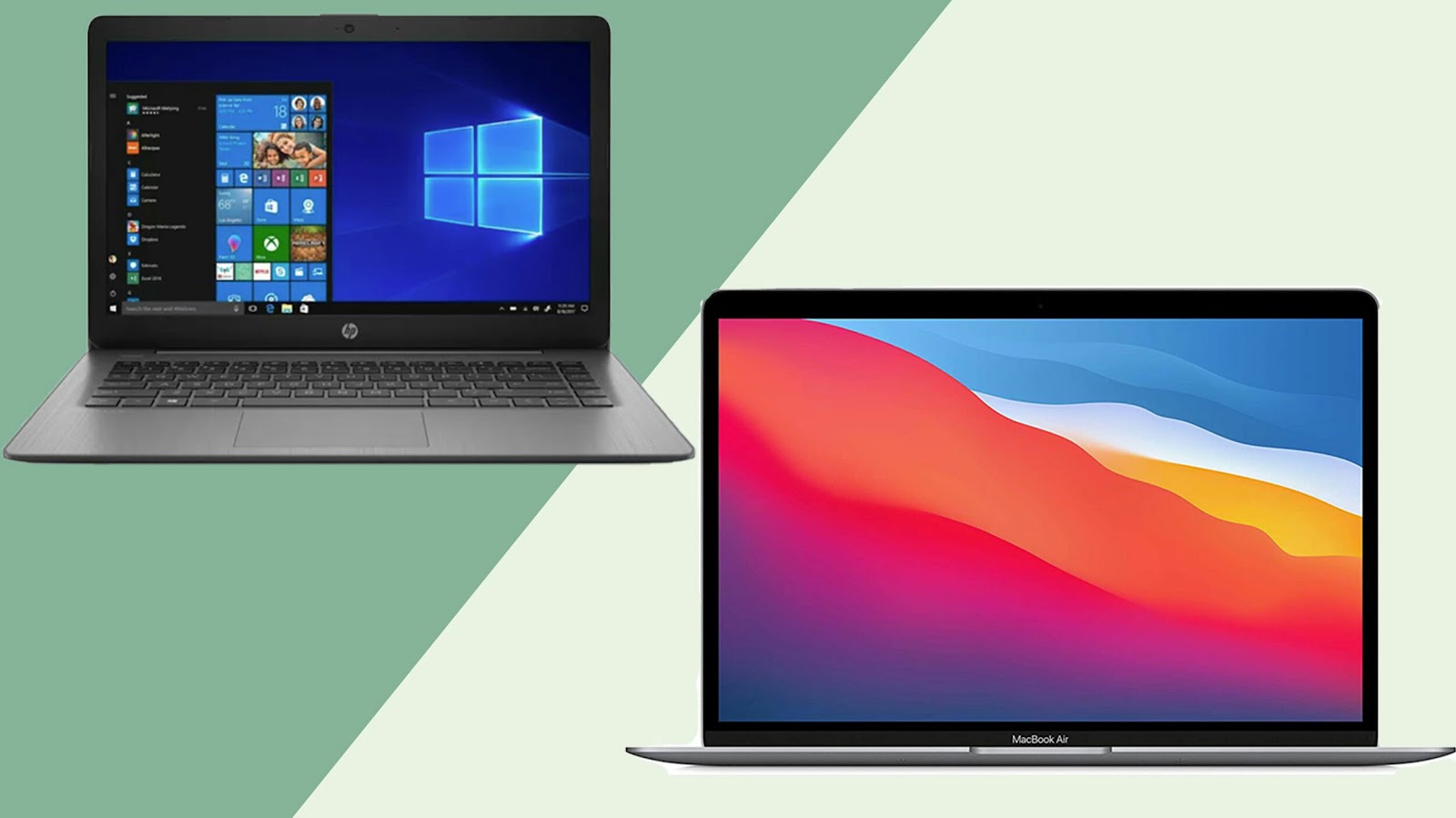Introduction:
In the ever-evolving landscape of technology, one debate has stood the test of time: Windows vs. macOS. For decades, users have passionately defended their preferred operating system, each with its own unique features, strengths, and loyal fanbase. In this blog post, we'll delve into the intricacies of both Windows and macOS, exploring their key differences and helping you determine which one is the right choice for your needs.
Windows: Versatility and Compatibility
Let's start with Windows, the ubiquitous operating system developed by Microsoft. One of the standout features of Windows is its versatility. Whether you're a casual user, a business professional, or a hardcore gamer, Windows offers a wide range of applications and software to suit your needs.
Compatibility is another key advantage of Windows. With its vast market share and widespread adoption, Windows supports a plethora of hardware devices, peripherals, and software applications. Whether you're using a budget-friendly laptop or a high-end gaming PC, chances are it'll run Windows without any compatibility issues.
Furthermore, Windows provides extensive customization options, allowing users to personalize their desktop environment, tweak system settings, and install third-party software to enhance productivity and workflow. From task management tools to multimedia editing software, the Windows ecosystem offers a wealth of options for users to tailor their computing experience to their liking.
macOS: Simplicity and Elegance
On the other side of the spectrum, we have macOS, the operating system developed by Apple for its lineup of Mac computers. Known for its sleek design and user-friendly interface, macOS offers a seamless and intuitive computing experience.
One of the standout features of macOS is its integration with other Apple devices and services. Whether you're using an iPhone, iPad, or Apple Watch, macOS provides seamless continuity across devices, allowing for effortless sharing of files, messages, and multimedia content.
Additionally, macOS is renowned for its stability and security. Apple's closed ecosystem and stringent security measures make macOS less susceptible to malware and cyber threats compared to Windows. This is particularly appealing to users who prioritize privacy and data security in their computing experience.
Moreover, macOS boasts a robust ecosystem of first-party applications, including productivity tools like Pages, Numbers, and Keynote, as well as creative software like Final Cut Pro and Logic Pro. For users in creative industries such as graphic design, video editing, and music production, macOS is often the preferred choice due to its optimized performance and seamless integration with professional-grade software.
Choosing the Right Operating System for You
Now that we've explored the strengths of both Windows and macOS, how do you determine which one is the right choice for you? Ultimately, it comes down to your specific needs, preferences, and priorities.
If you value versatility, compatibility, and customization options, Windows may be the ideal choice for you. Whether you're a casual user, a business professional, or a hardcore gamer, Windows offers a diverse range of software and hardware options to suit your computing needs.
On the other hand, if you prioritize simplicity, elegance, and seamless integration with other Apple devices, macOS may be the perfect fit for you. Whether you're a creative professional, a student, or a tech enthusiast, macOS provides a user-friendly computing experience with a focus on stability, security, and productivity.
In conclusion, both Windows and macOS have their own strengths and weaknesses, and the right operating system for you ultimately depends on your individual preferences and requirements. Whichever platform you choose, rest assured that both Windows and macOS will continue to evolve and innovate, providing users with cutting-edge technology and enhanced computing experiences for years to come.


